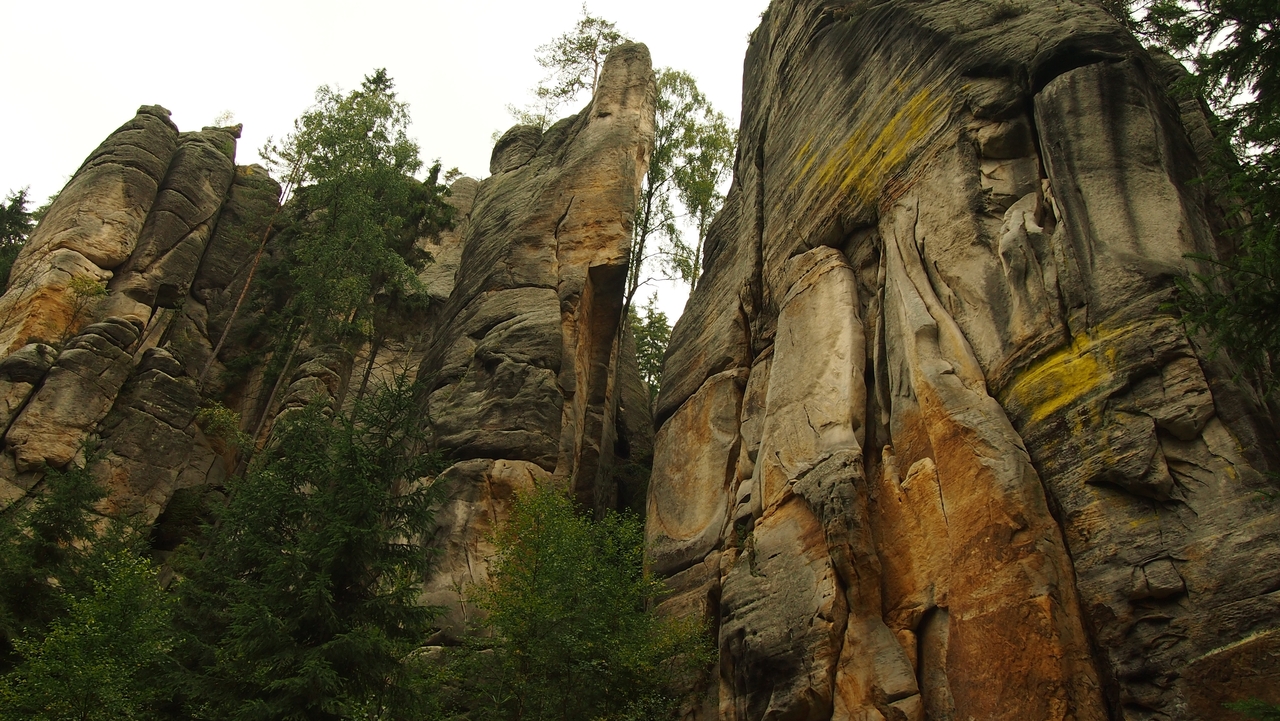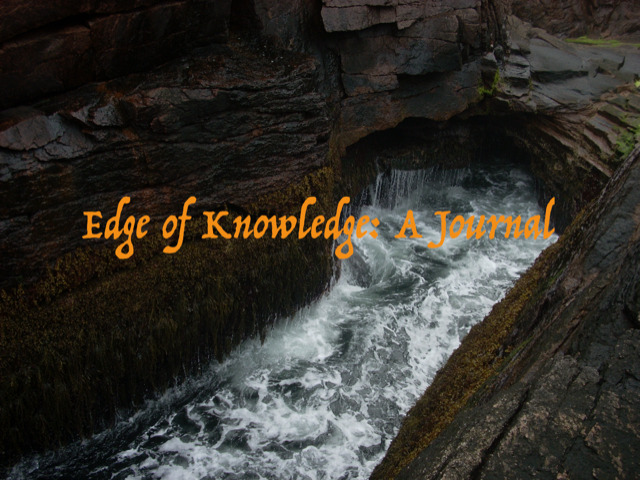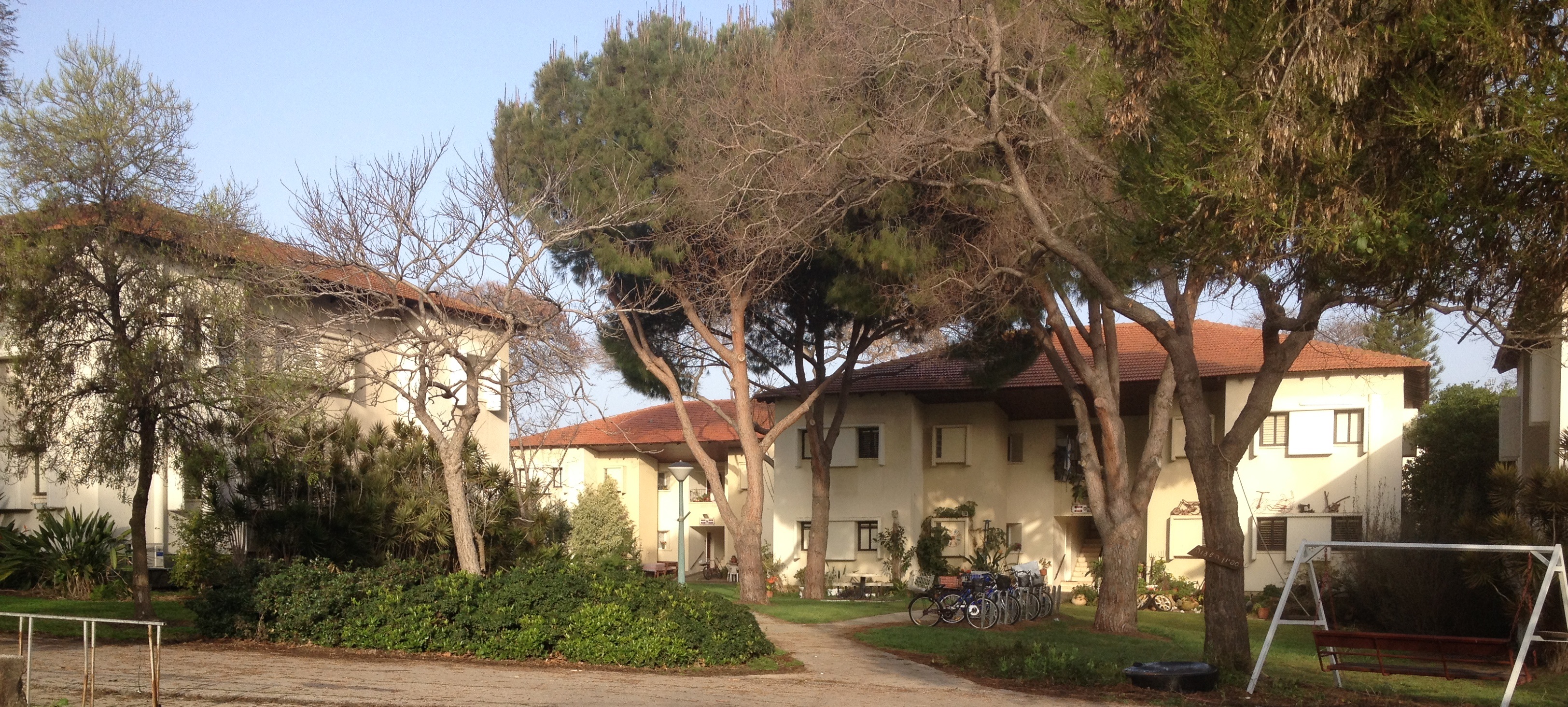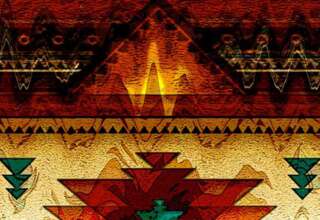
Can hope create that which is hoped for??
112 years ago, Hertzel published his book: Altneuland, An Old-New Land. At the time it was viewed as “entertaining science fiction” but by 1960, a hundred years after Hertzel’s birth, the book appeared already in at least 12 different languages.
The book describes an imaginary journey of two friends (interestingly, a European Jew and an American non-Jew) who travel to The Holy Land in the early 1900’s, make a stop-over and continue on, returning through the same area twenty five years later. In a vivid and rich account Hertzel describes the beautiful land with its lively cities and blooming orchards interspersed with its natural beauty as well as advanced science research and teaching methods, international openness and even the reinstatement of the biblical shekel as the national currency. He talks about modern markets, housing projects, factories, trains and cultural events along with archeological digs that generate respect and information regarding the place’s ancient history.
The book so closely matches the reality of life in Israel that one must wonder: Did the hope create its own reality? Or did the reality come about independently? Is that the power of active, well-focused “hope”?
Hertzel signed his books with his famous line: im tirtzu, ein zu agada: “If you will it, it is no fairy tale”. He further states: “and if you won’t, well then, all I told you here is nothing but a fable, and will continue to be so. I set out to compose a story which has its own moral. ‘Tis more a story than a moral’, some might say; `more a moral than a story’ will say others. For now, after three years of labor, it is time for us to part our ways, and now, my dear book, has come the time for your sufferings. Your path will go through hatred and castrations, as if you’d be walking through a dark forest. But if you chance upon the company of pleasant people, please give regards from your father. He thinks that the dream is a nice way to fill the days we must do on this earth. Dream and action are not so different as some might think, for all human deed are founded in dream and will return to dream too”.
Hertzel understood the Jews’ need for their own state, for their own freedom in it. Lengthy debates circled around the question of whether this should be a State of Judaism or a State for Jews. Both needs were pressing, and one could not come without the other. The answer came out of reality: The Jews were the carriers of Judaism, and they required a home, away from constant persecution, threats, educational & economical limitations, instability and insecurity.
Trends in Jewish immigration, already during Hertzel’s lifetime, may serve as a lens to exemplify the uniqueness of the Jewish experience and needs. For example, one of the characteristics of most Jewish migration was the migration of whole families. The percentage of children among Jewish immigrants was double the average, a fact which demonstrates that the uprooting was permanent. And in fact, in the last few years before the First World War, only 5.75% of Jewish immigrants returned to their countries of origin, while among other immigrants about one third went back. Nearly half of the Jewish immigrants had no defined occupation, i.e. no permanent source of livelihood, as against some 25% of the other immigrants, but of the other half, about two thirds were skilled artisans (mainly tailors) as against only one fifth of the general immigrant population.
A further distinguishing feature of Jewish migration, particularly to the Land of Israel but even to California, was that from the outset it displayed clearly ideological tendencies. A considerable number of the younger immigrants, members of the intelligentsia, were motivated not only by the desire to find a new refuge or a place in which there were greater chances of success; their departure constituted a protest against the discrimination and injustice they had suffered in their old homes and reflected their ardent desire for a place in which they could live independent and free.









